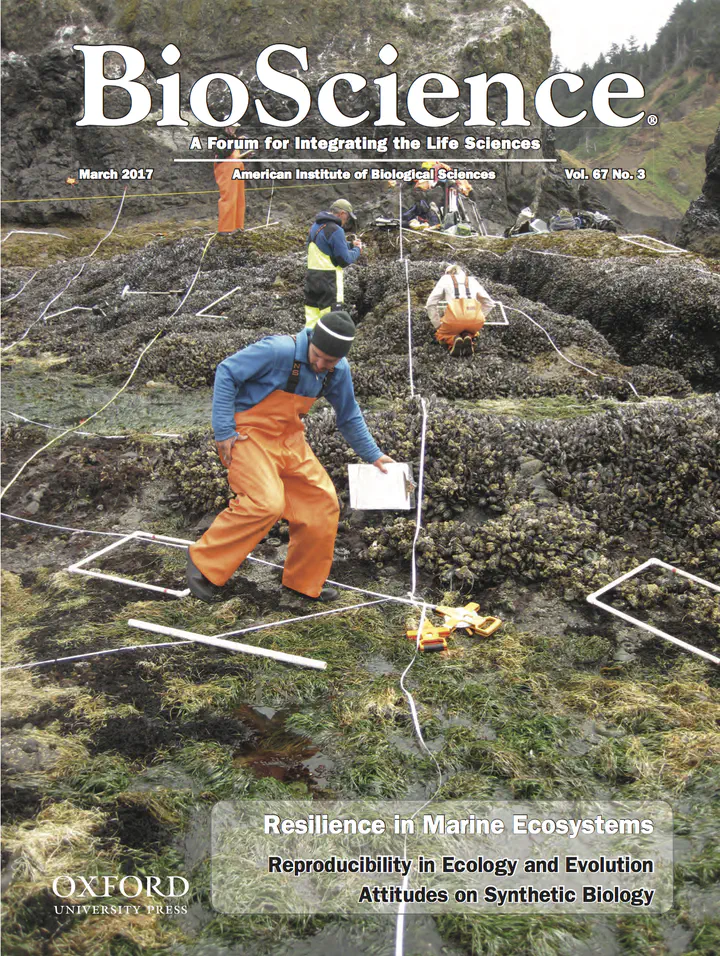
Abstract
As the contribution for long-term ecological and environmental studies (LTEES) to our understanding of how species and ecosystems respond to a changing global climate becomes more urgent, the relative number and investment in LTEES are declining. To assess the value of LTEES to advancing the field of ecology, we evaluated relationships between citation rates and study duration, as well as the representation of LTEES with the impact factors of 15 ecological journals. We found that the proportionate representation of LTEES increases with journal impact factor and that the positive relationship between citation rate and study duration is stronger as journal impact factor increases. We also found that the representation of LTEES in reports written to inform policy was greater than their representation in the ecological literature and that their authors particularly valued LTEES. We conclude that the relative investment in LTEES by ecologists and funders should be seriously reconsidered for advancing ecology and its contribution to informing environmental policy.